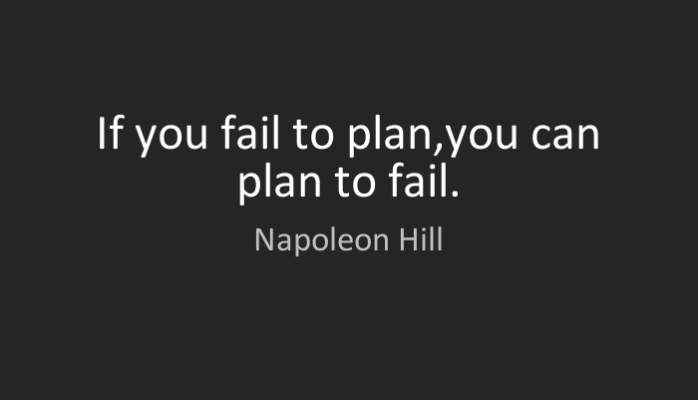Career Planning is Failing Its Students — Here is an Alternative

As a small business owner in New York, I reached out to the Career Planning offices of the local colleges and universities in an effort to find interested candidates earlier this year when we had an entry-level opening. Never again.
Every single call to the career planning office was uniformly answered by a clerical employee who was not interested in hearing about the position and who gave the same response: “We participate in the [on line posting and application process]. Post your job opening there, and your job will be posted online.”
I started to think maybe I was expecting too much from Career Planning. After all, weren’t they doing me a favor by permitting me to post my opening where it would receive exposure?
What is the Purpose of Career Planning?
According to Kathleen Brady, career coach and distinguished author of GET A JOB!10 Steps to Career Success (Inkwater Press, 2013),”Career planning must be more than an administrative office seniors access during the last semester to prepare their resume. It must be woven into the academic fabric of the institution and begin freshman year. As educators, career services professionals must help students explore their dreams, connect classroom learning to workforce needs and understand the impact today’s choices will have on their future selves. We have to find meaningful ways to expose students to employers — beyond job boards and job fairs (internships, service-learning, shadowing, mentoring).… It is a tall order… But it can be done!”
Why Isn’t Career Planning Like a Recruiter for its Students?
According to Dr. Bruce Hurwitz, its “because all [Career Planning offices] know how to do is to follow a template, and a bad one at that, for writing cover letters and resumes. They don’t know how to read job descriptions. Apparently, they are not judged on anything other than how many students come to them for assistance. It’s not the quality of the service, but the quantity.”
What can we do to change this?
Let’s start with attitude
This costs nothing. People answering the phone at Career Planning need to be trained that the calls coming in are from clients. Whether those clients are internal (students) or external (employers), Career Planning is here to serve these callers. Callers should be treated respectfully and enthusiastically.
How about Some Public Relations for Students?
What if, when an employer called Career Planning about an opening, the person on the other end actually tried to match students who would be a good fit for the position with the hiring manager? What if the Career Planning representative, like a recruiter, said to you, “Let me get right on this” and within a few days, sent the employer a handful of selected candidates based on skills and interest? Maybe even someone who screens cover letters and resumes prior to their submission?
The Call of a Prospective Employer is and Should be Treated as an Opportunity to Place A Student
As an attorney and career coach, I do not work in recruiting. Our firm does not place candidates or solicit for them. But, as professionals, we often receive requests from clients along the lines of, “Do you know someone who would be interested in…..” when a client needs to fill a position. And, because we as professionals try to help our clients whenever we can, in whatever way we can, we do not let that opportunity to assist go unaddressed. The reason why this match-making has been successful is because we give it a lot of thought. This is not part of our “job.” One would think it would be the job of Career Planning.
When an employer calls Career Planning and asks, “Do you know of someone who would be interested in…” the answer should not be, “post on our message board.” The answer should be “let me think about it. I will get back to you.” And then someone should follow up.
Let’s Consider Eliminating Career Planning
Perhaps colleges and universities should consider outsourcing career planning to recruiters and similar agencies. Since the compensation of these individuals will be directly related to the successful placement of students, I am willing to bet that we would see stronger resumes, better cover letters, and students more prepared for their first interviews—or even the workforce. Not to mention, when a prospective employer calls with an opening, they will work hard to fill it with one of their students.
Elena Paraskevas-Thadani is an employment attorney, executive coach and mediator who assists individuals and corporate clients solve workplace issues.
